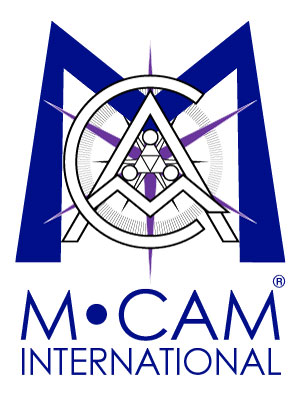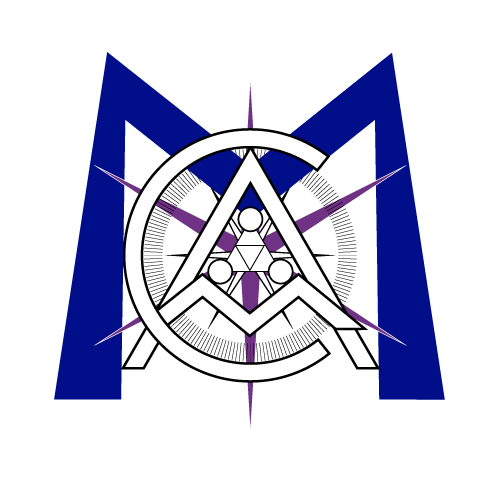M·CAM, Inc. releases Patently Obvious™ report on potential public-domain patent alternatives to the patent portfolio held by Ayscough Visuals, LLC
Date: Fri, 2010-02-19
M·CAM, Inc. releases Patently Obvious™ report on potential public–domain patent alternatives to the patent portfolio held by Ayscough Visuals, LLC
Charlottesville, VA –– M·CAM, Inc. released its Patently Obvious™ report today on the patent portfolio held by Ayscough Visuals, LLC, a non–operating patent licensing entity. Focused on patents regarding digital video encoding and compression, this report identifies potential public–domain alternatives that are available for incorporation into media products and services without cost or licensing restriction.
Ayscough Visuals, LLC possesses intellectual property concerning audio and video encoding and compression. These intellectual properties describe methods to predict and streamline video motion encoding, resulting in increased quality and significant savings in bandwidth costs for multimedia suppliers. While it is not transparent to the market what commercial intent Ayscough Visuals, LLC has for these patents, it is reasonable to assume that they will pursue sales or licensing models.
Digital media has been, and is likely to continue to be, the core of entertainment and information distribution modes, but the technologies that underlie the standards for encoding and transmission of that media are still in the process of being defined. It is imperative that this innovation space, like all others, consider publicly available innovations when designing content delivery platforms and media mechanisms. The use of public domain which translates to significantly cheaper costs, should aid the effort to encourage widespread public adoption, minimize licensing costs, and overcome other existing barriers to entry entrenched in such an active and vibrant technology area.
M·CAM’s Patently Obvious™ is a weekly report highlighting unconsidered alternatives, including art in the public domain, to patent holdings across a variety of technology areas.
M·CAM, Inc. is a global, full–service intellectual property and rights (IP&R) and intangible asset financial services firm. We provide the technical and financial systems that allow public and private markets to use IP&R and IA for regulated transactions in banking, securities, insurance, and public innovation investment and technology procurement. From our pioneering work in creating the world’s first standards–based innovation collateralization financial products for banking and securities to our work in grassroots innovator enablement and patent quality assurance programs, M·CAM provides the mechanism to balance the interests of public and commercial sectors to support and build thriving economies.
Please link HERE

